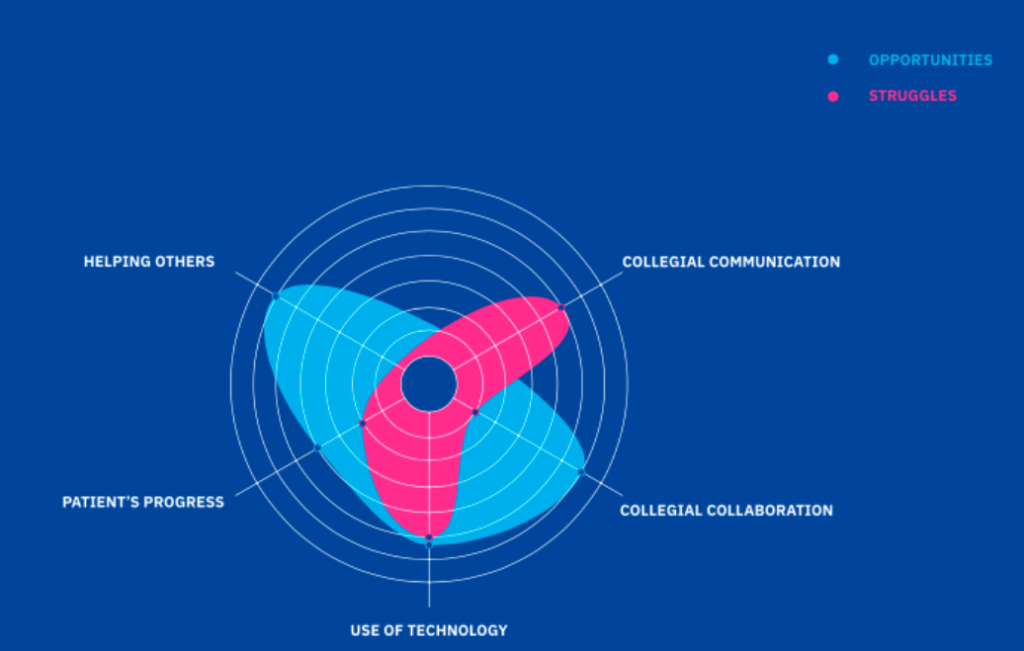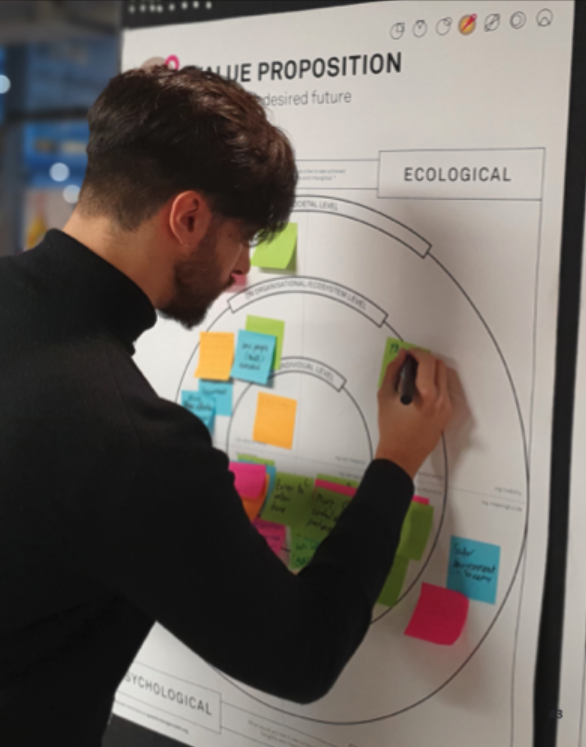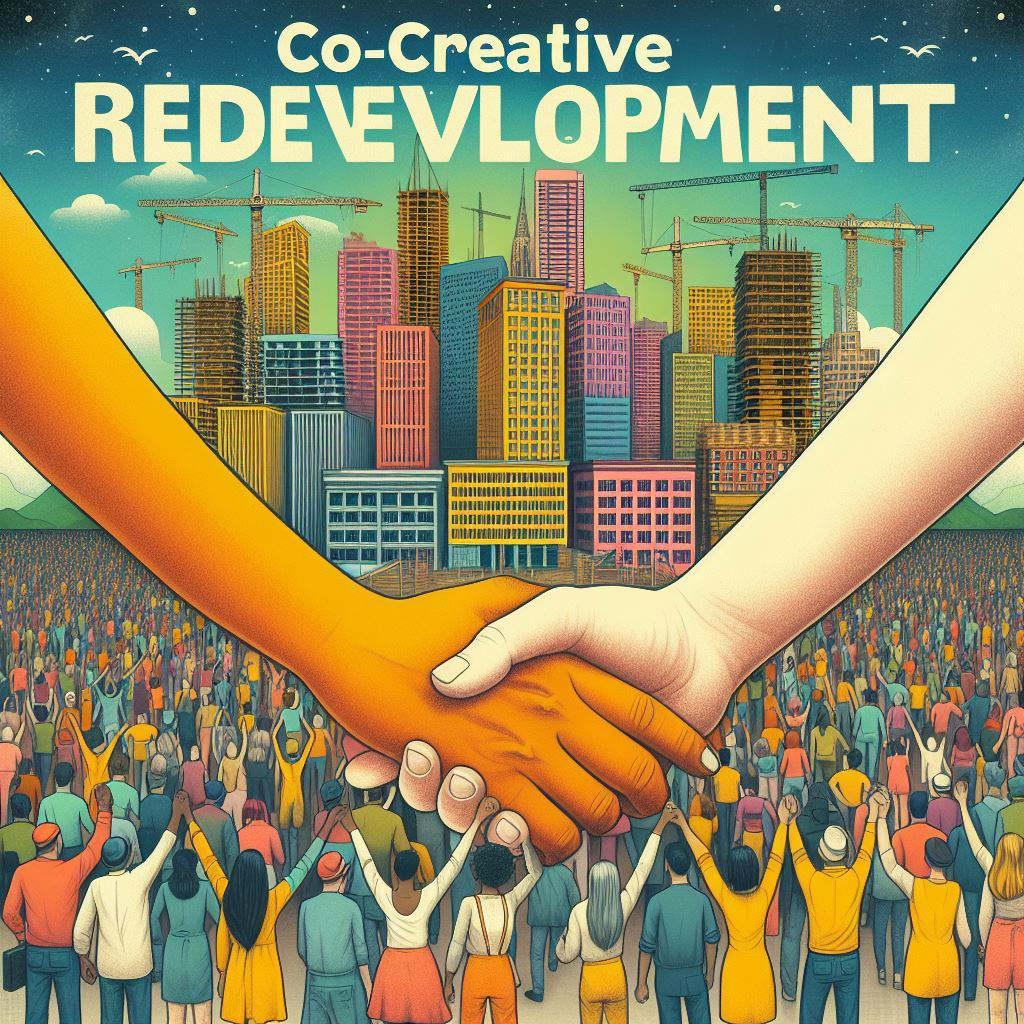Project
Justice in the Digital Society
What are digital transformation opportunities in forensic mental health care practice?
The Custodial Institutions Agency (Dienst Justitiële Inrichtingen; henceforth DJI) is responsible for the detention, day-to-day care, and rehabilitation of convicted individuals in the Netherlands and operates under the Ministry of Justice and Security (Ministerie van Justitie en Veiligheid; henceforth JenV). DJI acknowledges that, increasingly, technology plays a role in the day-to-day activities of the organization and has impact on central tasks. A challenge is to anticipate which technologies will permeate the working field and which will fade away, how such technologies might influence day-to-day activities, and how they may influence the organization as a whole. The aim was to inspire a mindset change at the clinic regarding technological innovation in the working field, through applied research and the development of a prototype in close collaboration with DJI and the clinic Oostvaarders.
 “As a governmental agency we see that we need fresh looks to be able to innovate, that’s why we partner up with Digital Society School. We see it as our social task to give trainees the opportunity to be involved in our issues, to give them more learning experience” says Thessa Belt, Senior Advisor Innovation and Development of DJI.
“As a governmental agency we see that we need fresh looks to be able to innovate, that’s why we partner up with Digital Society School. We see it as our social task to give trainees the opportunity to be involved in our issues, to give them more learning experience” says Thessa Belt, Senior Advisor Innovation and Development of DJI.
Read more on the project website and in the report; Justice in the digital society_DSS final report april 2020
This project focused on the Sustainable Development Goals:

Opportunities and challenges
Understanding the context and challenge was done by field visits, interviews with the stakeholders and comparisons with other clinics. For an understanding of the caregivers’ current mindset and to gain a more complete picture of the activities in the clinic, the team handed out cultural probes to employees of the clinic. Their journaling, sketching and mapping was useful in follow up interviews. Also concretion session were executed with professionals to learn what they know about digital trends and how they would apply these in their work. The chart as seen below, depicts the difference in where most caregivers see struggles versus opportunities within their work.
Prepare for future
The project did the groundwork for revealing what challenges and opportunities the clinic is and will be facing in the future. We created speculative fiction for the three main insights we got from interviews, cocreation sessions and desk research; total control skeleton, AI assistant for professionals, AI buddy for patients. Together with stakeholders we also mapped out value propositions, possible futures and technological trends related to justice. It is important that the clinic prepares itself for the future and ensures that only the most appropriate and needed innovations are implemented in a correct manner. We advise the clinic to use alternative research methods, such as cultural probes or co-creation sessions, to gain a deeper understanding of the caregivers’ and patients’ mindsets. An understanding of the end user is the foundation for any successful innovation implementation process.





